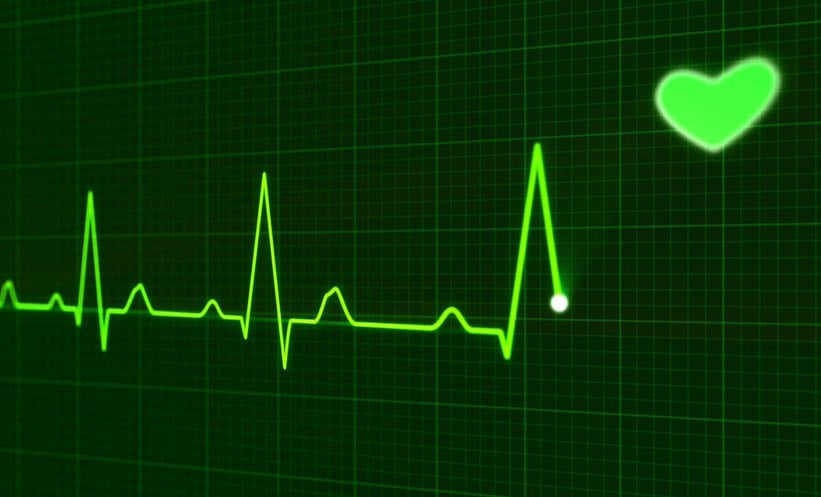Written by Jack Redden | Reporter, European Medical Journal | @EMGJackRedden
![]()
Hello and welcome to your EMJ weekly news round-up. This week: A database helping researchers reduce the number of animals used in research, modafinil improves memory in patients with depression, and robotic sleeve keeps pigs alive after heart attacks.
SEARCHBreast Database Helps Researchers Find Left-Over Animal Tissue
Source: European Medical Journal. Published: Monday 16th January.
More than 200 scientists have signed up to a database allowing them to share and find surplus animal tissue from previous experiments. The SEARCHBreast database is designed to connect breast cancer researchers from all over the world in order to share and re-use archived material for their studies to reduce the number of animals used for research. It offers 90 animal models for researchers to access, representing thousands of tissue samples available for use. Plans are underway to extend the database beyond breast cancer research.
Modafinil Improved Memory In Patients Recovering From Depression
Source: European Medical Journal. Published: Monday 16th January.
A team at The University of Cambridge, Cambridge, UK have shown that modafinil was able to improve the memory of a group of patients recovering from depression. Patients with depression often experience cognitive dysfunction, even persisting after mood symptoms recover. Current treatments fail to address this aspect of the condition. Sixty patients agreed to take part in the double-blind, randomised controlled trial. Those who received a single 200 mg dose of modafinil performed significantly better on tests of episodic memory and working memory compared to those receiving placebo.
Robotic Sleeve Keeps Blood Pumping In Failing Hearts
Source: Wired UK. Published: Wednesday 18th January.
Researchers in the USA have created a soft robotic sleeve that fits around the heart to force blood to be pumped around the body without ever touching it. The team feel that the silicone device could be used as a bridge for a heart failure patient waiting for a transplant or to aid in cardiac rehabilitation and recovery. In a proof-of-concept study, they tested the device in six pigs who had suffered from acute cardiac arrest and the device was able to restore normal blood flow and prolong survival.
Patient Removed After Being Fit for Discharge For 2 Years
Source: BBC. Published: Friday 20th January.
Staff at a UK hospital obtained a court order to remove a patient who had occupied a bed for more than 2 years despite being fit for discharge. The man had been at the James Paget University Hospital, Gorleston, Norfolk since August 2014. Staff applied to the court for a possession order to claim the occupied bed back. “The gentleman repeatedly refused all offers of appropriate accommodation organised by our local authority and social care partners, despite being fit for discharge,” said Anna Hills, the hospital’s director of governance.








